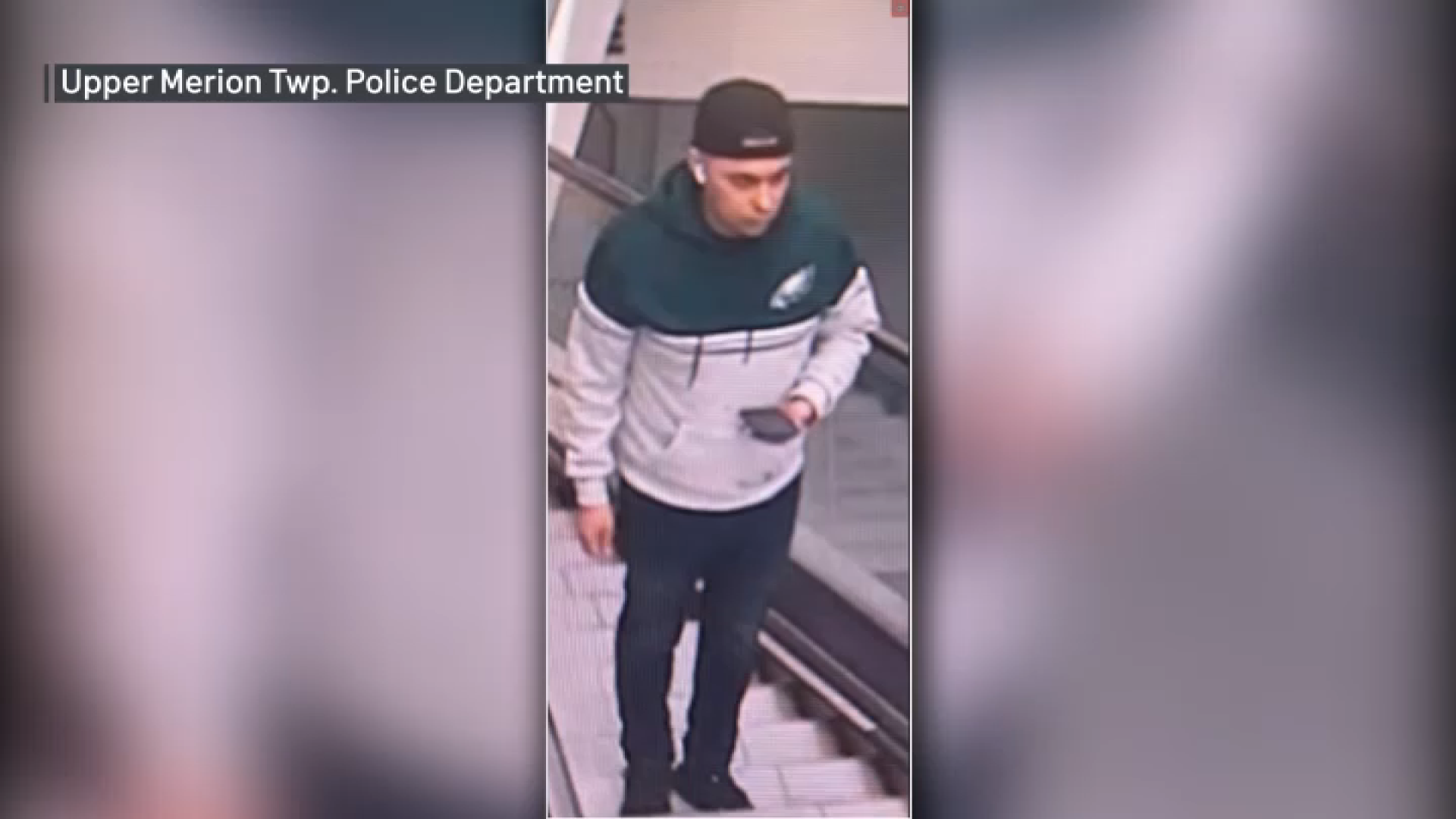Will some questions be answered in the deadly Center City building collapse?
Philadelphia City Council held its first public hearing in the building collapse that killed six people and injured 13 others earlier this month.
City Council began the more than two-hour-long hearing on inspections and licensing issues related to the collapse late Wednesday morning.
Councilman Curtis Jones Jr. offered opening remarks and said that the goal of the hearing wasn't to point blame but rather to create good public policy moving forward that could result in new legislation if needed.
Deputy Mayor Everett Gillison began testimony by telling the council that he Licenses and Inspections Commissioner Carlton Williams and city counsel Andrew Ross wouldn't be making prepared remarks but rather were there to "answer questions."
Jones opened questioning of Williams and the others by asking Williams about what his role is as L&I commissioner -- a position Williams has held for about a year. Williams said that L&I's role is to oversee public demolitions and issue permits for private demolitions.
So far this year alone, Williams said that the city has issued 385 demolition permits.
Councilman Jim Kenney asked about the expedition process of obtaining a demolition permit.
Local
Breaking news and the stories that matter to your neighborhood.
"What's required during the permit process also is that the contractor has to list all of either their employees or sub(contractors)," Williams said.
Kenney asked what happens when an inspector determines that the people on the site aren't the ones listed on the permit.
"Under our previous regulations it was not something that an action would take action, under our current regulations that's something we are adjusting," Williams said.
Williams told council that everyone on a job site should be a licensed contractor or an employee of a licensed contractor.
Investigators say a heavy equipment operator with a lengthy rap sheet was high on marijuana when a building under demolition collapsed onto a neighboring thrift store at 22nd and Market Streets on June 5. The city's top prosecutor has convened a grand jury to investigate whether anyone else should face criminal charges.
Records show the site was inspected before work began on Feb. 12 and again on Feb. 25, after it got underway. An inspector returned to the site May 14 after a citizen complained, but found the complaint at the private demolition site was unfounded.
Kenney asked why private demos different from public?
"I think that the major difference is that the private demolitions are the responsibility of the contractor," said Gillison.
Williams was also pushed on why most public demos are done by hand while some private demos utilize cranes, etc. He said that the city standard is because most of the city's demolitions are done in residential areas.
The collapse happened along a commercial block.
Philadelphia City Controller Alan Butkovitz followed up Williams' and Gillison's testimonies with his own. Butkovitz began by reading a prepared statement about his office's dealing with L&I where he has repeatedly for a period of years requested more L&I inspectors.
Butkovitz raised concerns over the ability of L&I to enforce codes with far too few employees on the ground.



